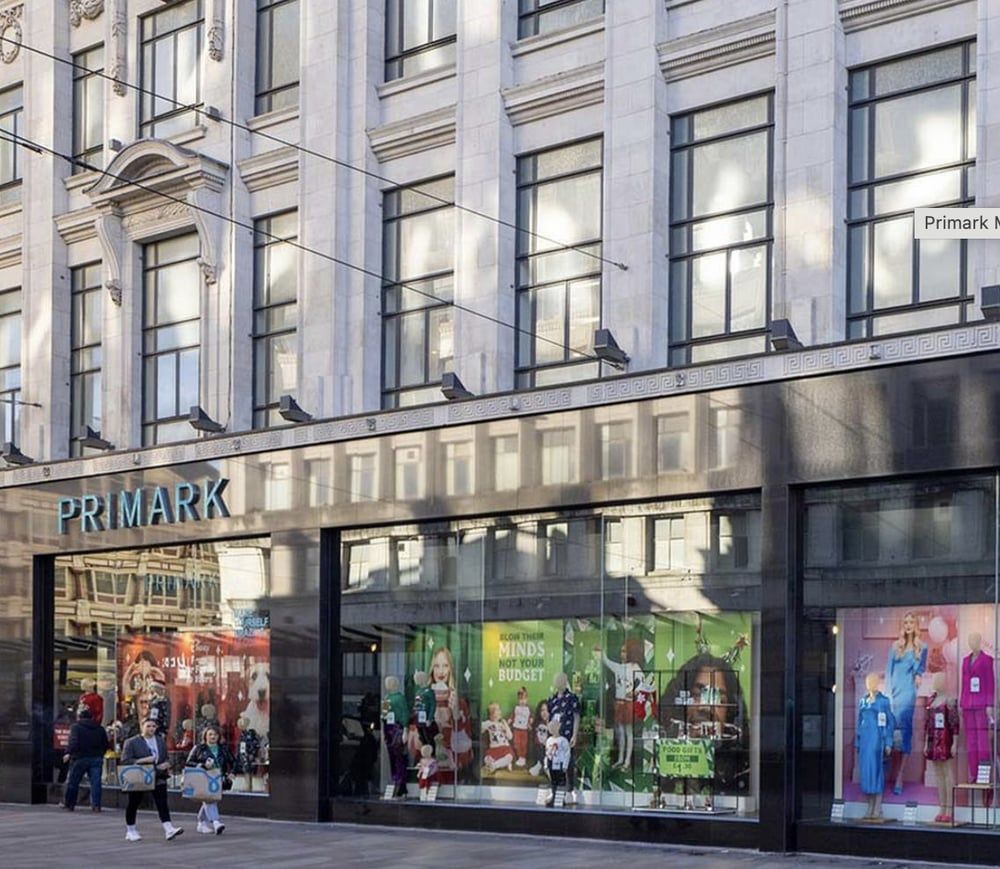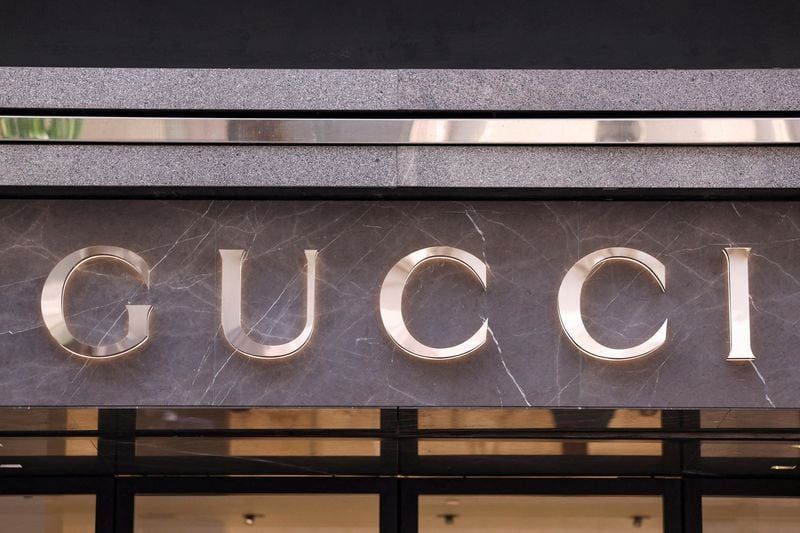UK Retail on Brink as Government Tax Hike Threatens 400 Large Stores and 100,000 Jobs

The UK government's potential move to place large-format stores into a higher business rates tax band could trigger a significant wave of closures, according to a stark warning from the British Retail Consortium (BRC). New analysis by the BRC indicates that 400 out of the UK's 4,000 large-format stores are at immediate risk of closure if they fall under the government's proposed business rates surtax, which targets premises with a rateable value exceeding £500,000.
This imminent threat has prompted leading retailers to voice their concerns. Primark, one of the UK's largest operators of large-format stores, has directly cautioned the government, labeling the proposed business rates changes as "mistaken" and asserting that they would impose undue pressure on vital high street anchors. George Weston, CEO of Associated British Foods, Primark's parent company, highlighted the existing strains on businesses, noting that "increases to labour and packaging have already had an impact." He urged the government to refrain from "increas[ing] taxes on businesses any more," emphasizing the importance of not hindering investment and job creation.
The BRC underscores that large-format stores are already grappling with escalating employment costs, substantial taxes, and rising rates bills. This pre-existing pressure has already led to the closure of 1,000 such stores over the past five years. The retail industry, despite contributing only 5% to the economy, shoulders over 20% of all business rates bills, with large stores (those above the £500,000 rateable value threshold) alone accounting for approximately one-third of retail's total business rates burden. Given the notoriously thin profit margins in retail—around 2-4% for food—a significant increase in rates for these large establishments would inevitably compel them to raise prices, reduce staff, or cease operations entirely.
The economic repercussions of these potential closures are substantial. The BRC estimates that if all 400 at-risk stores were to shut down, up to 100,000 jobs could be lost. Furthermore, local councils would see a reduction in business rates receipts from retail by well over £100 million annually, exacerbating financial challenges for communities across the country.
While acknowledging the government's understanding of high street difficulties, reflected in its introduction of a new permanent reduction in business rates for retail, hospitality, and leisure (RHL) premises, the BRC criticizes the funding mechanism. This new relief is set to replace previous provisions and will be financed by the very "higher business rates tax band on large properties" that poses a threat to large-format stores. The BRC is therefore urging the Chancellor to use the Autumn Budget to deliver this vital RHL change without simply transferring the cost onto larger stores, which they warn would be "massively damaging to our high streets."
The BRC proposes an alternative funding strategy that would not burden the public purse. They suggest removing these at-risk large-format stores from the new higher business rates tax band and instead slightly increasing rates for other large properties, such as office blocks and major commercial buildings. In these sectors, business rates represent a much smaller proportion of overall costs, and any knock-on impact on jobs and consumer prices would be significantly lower, thus safeguarding high street employment and affordability.
Helen Dickinson, CEO of the BRC, emphasized the crucial role of large stores: "Britain’s largest shops are magnets, pulling people into high streets, shopping centres and retail parks, supporting thousands of surrounding cafes, restaurants and smaller and independent shops." She warned of the dire consequences of further closures, stating, "After years of rising costs, far too many stores have disappeared – leaving behind empty shells that once thrived at the heart of our communities. Four hundred more large stores could disappear if the Government forces them into its new higher tax band. This would mean less revenue for the Exchequer."










